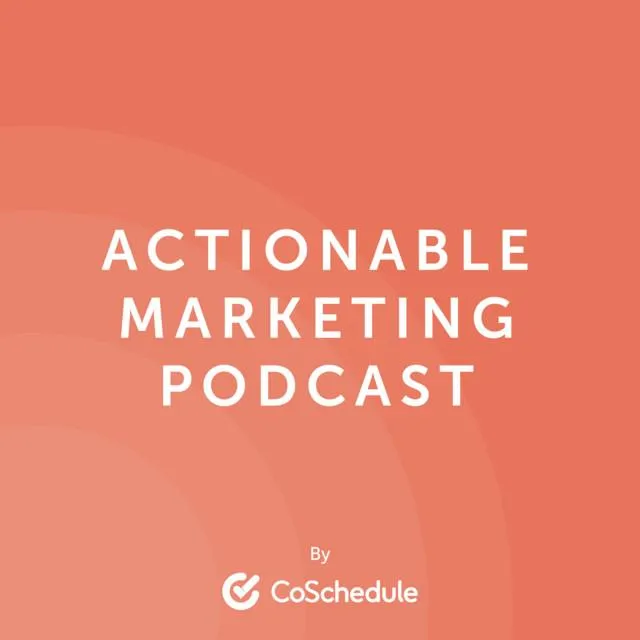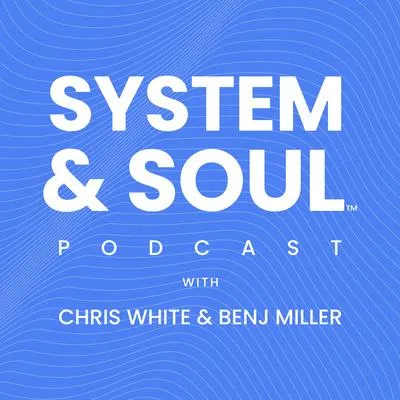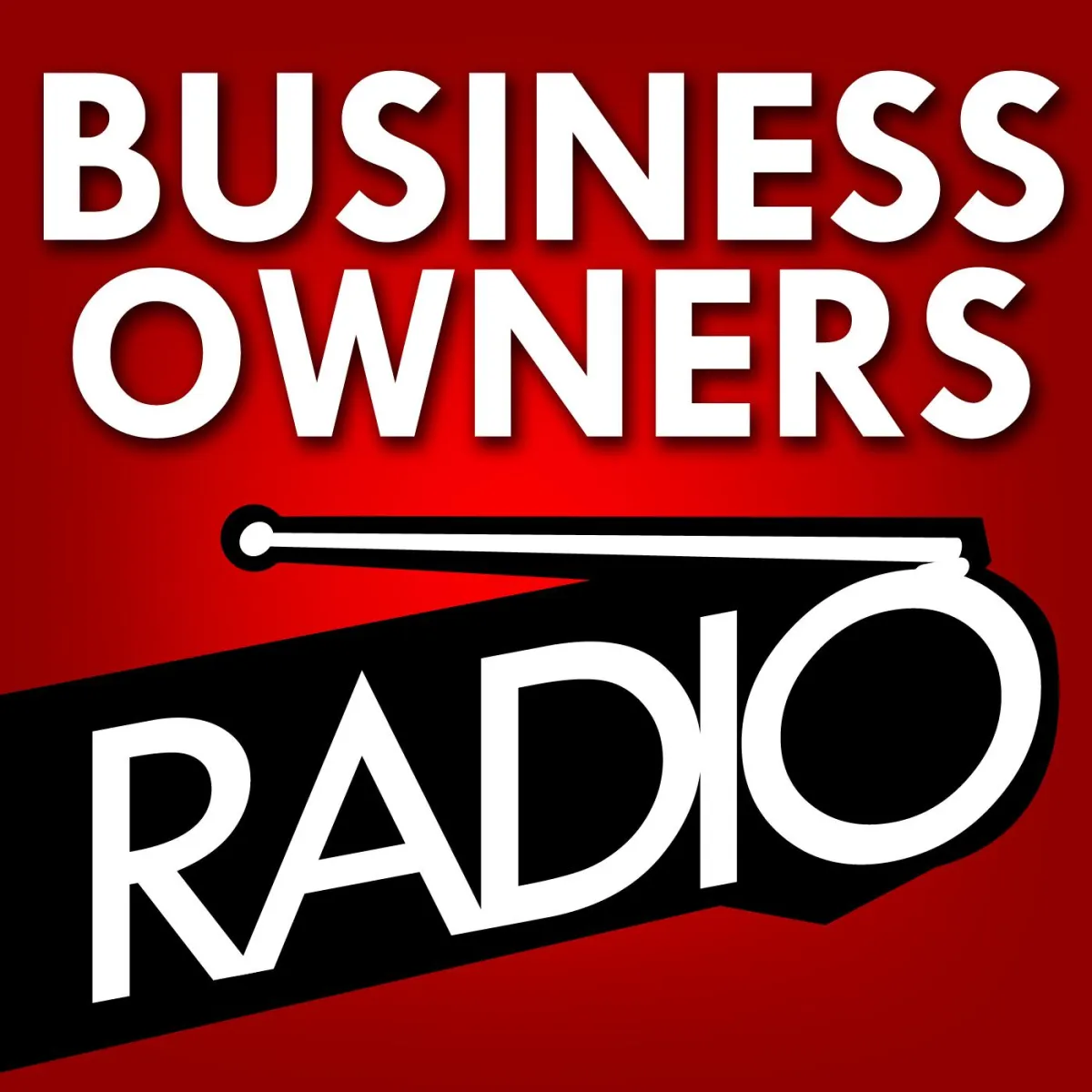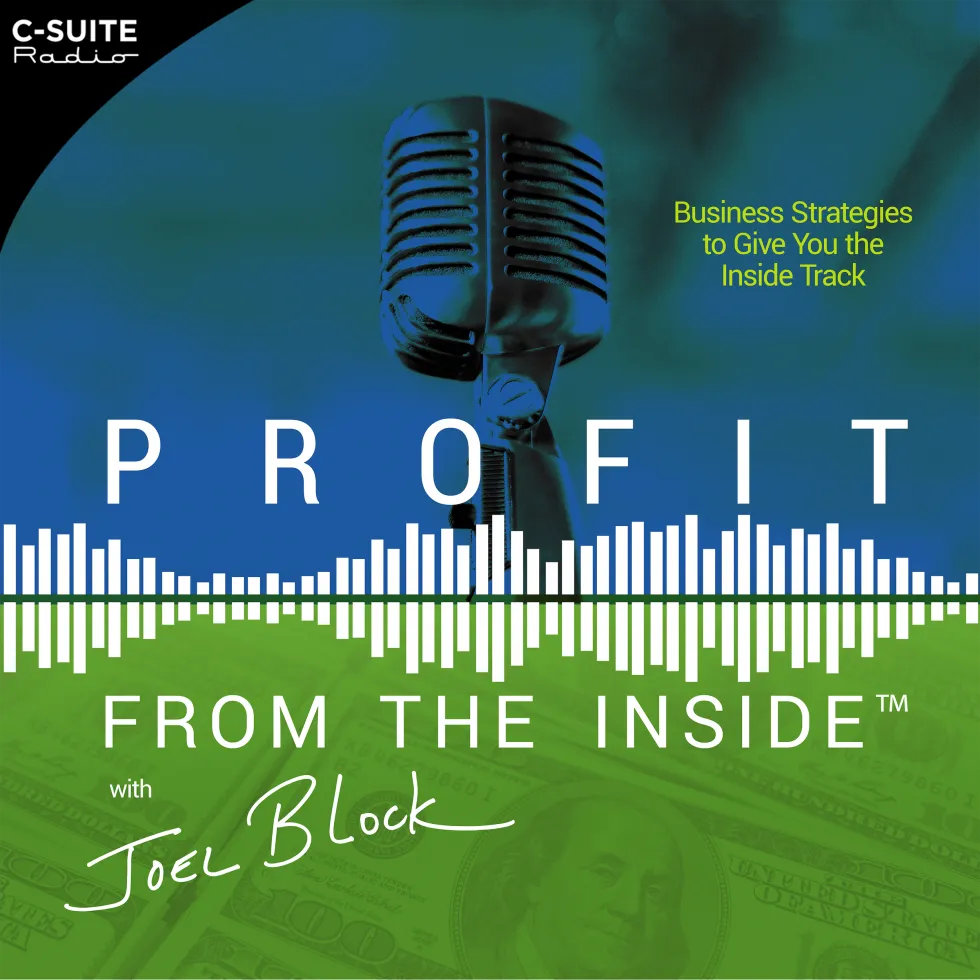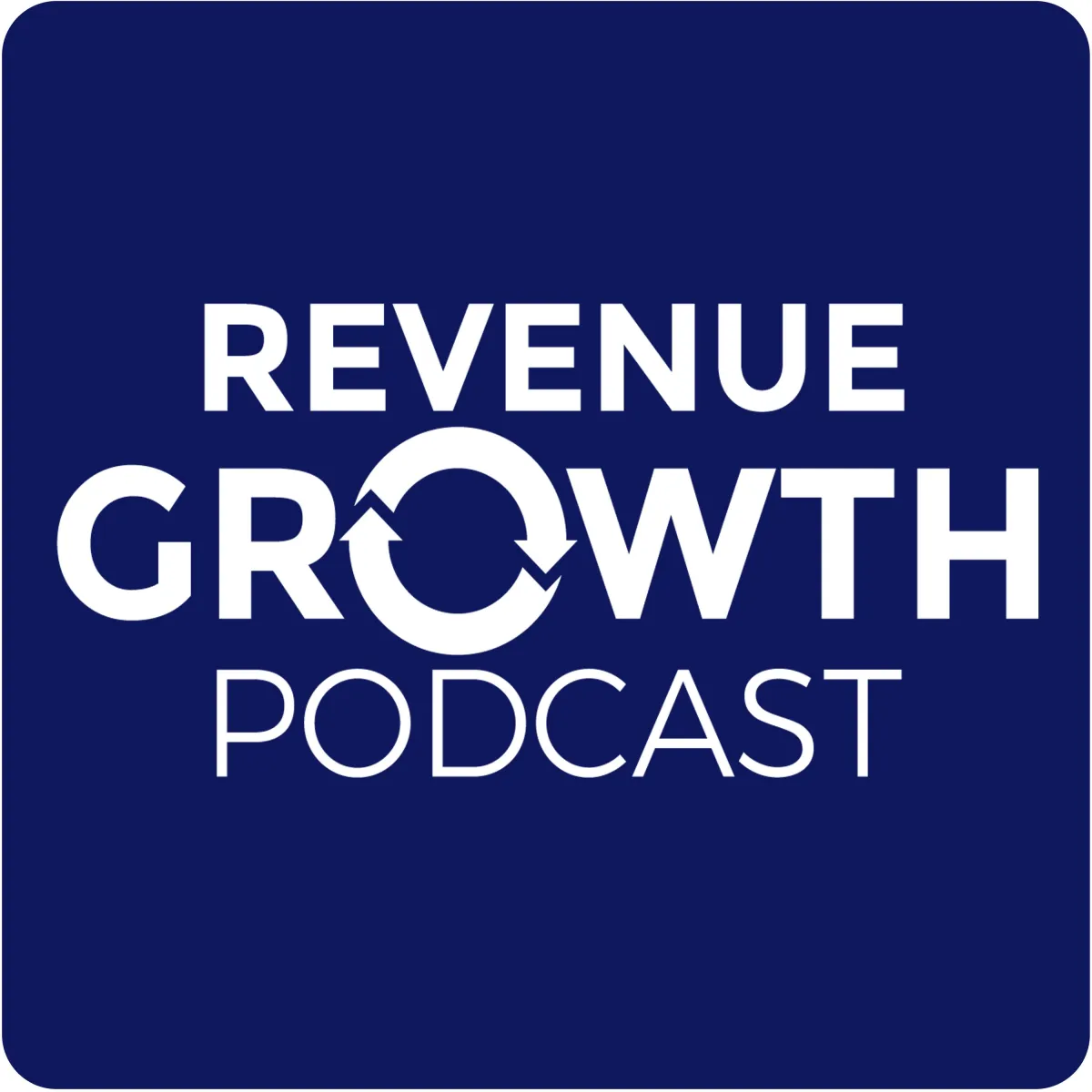Join Darrell Amy for the One Ideal Client Away Challenge, March 20-24
BUILD YOUR REVENUE GROWTH ENGINE
GROW YOUR REVENUE
SCALE YOUR IMPACT!


DESIGN
Your Engine
Come to the 2-day Performance Workshop

BUILD
Your Engine
A mentorship to help you upgrade your sales and marketing processes.

ACCELERATE
Your Growth
Enjoy faster and easier revenue growth as you scale your company.
Build Your Revenue Growth Engine®

During challenging economic times it can be hard to maintain your current revenue, let alone grow it.
We believe you can grow revenue, even in a recession, by getting strategic about your Revenue Growth Engine®.
Real World Stories
Hear some real-world stories of companies building their Revenue Growth Engines®..
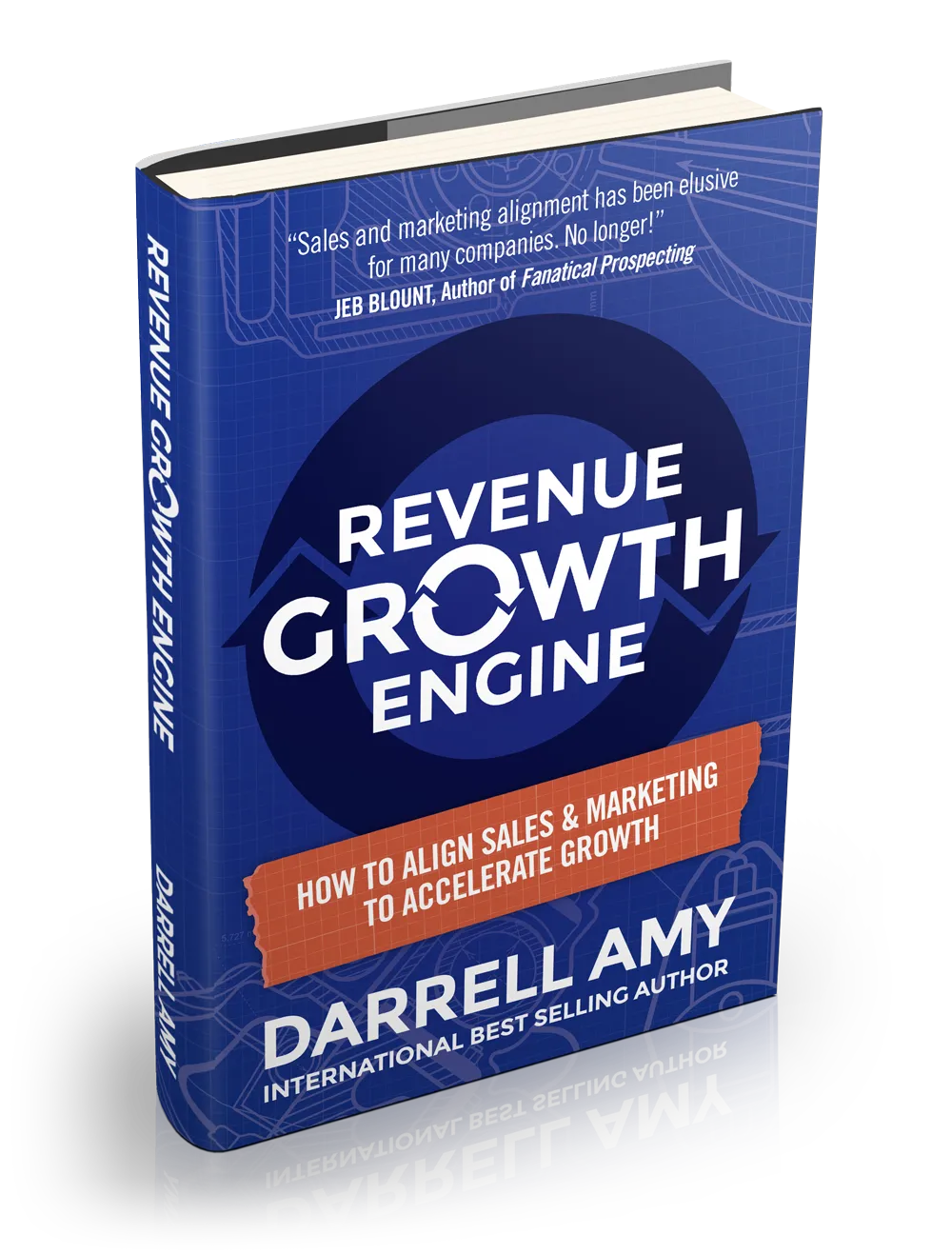
Revenue Growth Engine® , created by Darrell Amy, is a set of tools and resources to help companies scale.
If you own an established business and want to scale your revenue so you can make more of an impact, this is designed specifically for you.

DESIGN
Your Engine
Come to the 2-day Performance Workshop

BUILD
Your Engine
A mentorship to help you upgrade your sales and marketing processes.

ACCELERATE
Your Growth
Enjoy faster and easier revenue growth as you scale your company.
Take the Ultimate Trek and Grow Your Revenue

Build your Revenue Growth Engine
Develop Physical Endurance
Trek to Everest Base Camp
Join adventurous entrepreneurs in an epic journey to scale your business as we train to trek to Mount Everest Base Camp!
Get To Know Darrell
Darrell inspires and equips generous business leaders to grow revenue so they can give back.
As the co-founder of the non-profit Kingdom Missions Fund, Darrell Amy noticed that the largest donations came from business owners, and he wondered how he could help generous business owners quickly grow revenue so they could give even more. With this in mind, Darrell set a goal:
Help 10,000 businesses double revenue to generate $10 billion in new giving.
Darrell’s experience as a leader in sales and marketing has given him a unique perspective on what it takes to grow revenue. Distilling 27 years of experience, Darrell authored Revenue Growth Engine: How To Align Sales & Marketing To Accelerate Growth.
He is a member of the Forbes Business Council and he helps companies maximize growth through sales and marketing alignment. Darrell hosts the Revenue Growth Podcast and co-hosts the Selling From the Heart Podcast. He also volunteers as the executive director of the ManAlive EXPEDITION, an organization that helps men find healing and identity.
When he isn’t helping generous business owners grow their profits in order to give more, Darrell, along with his wife Leslie, enjoy spending time with their children and four grandchildren.

Latest Thinking
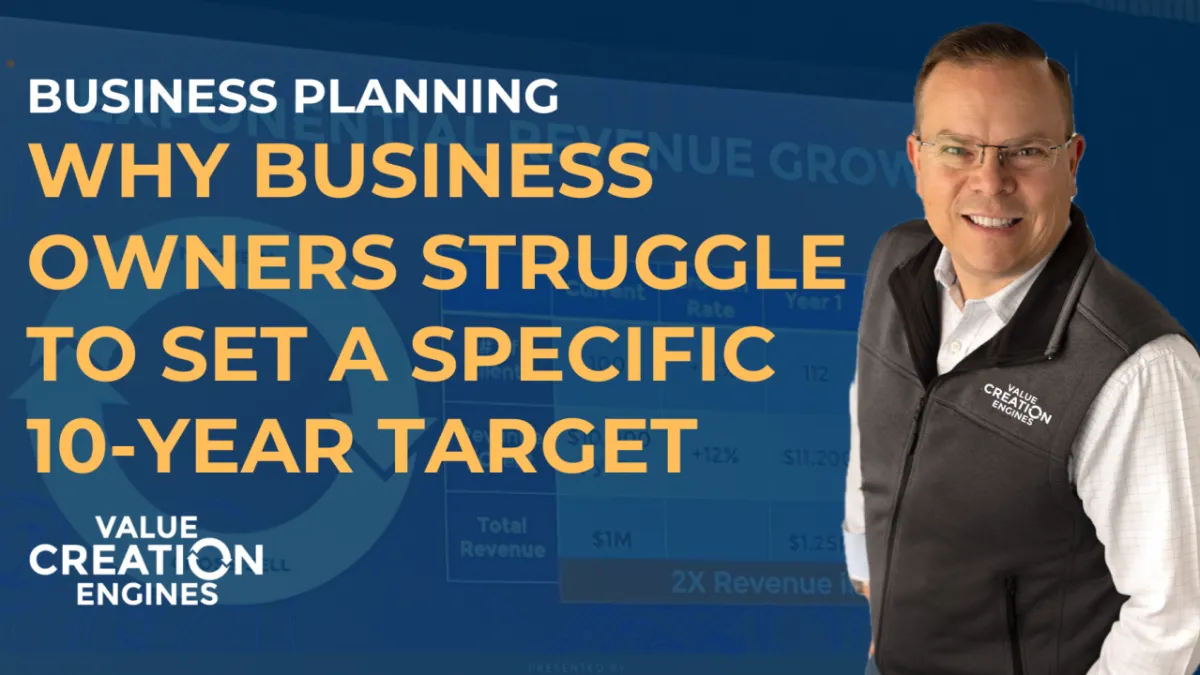
Why Business Owners Struggle To Set a Specific 10-Year Target
During annual planning, companies that Run on EOS® get to the most challenging part of the VTO®, their 10-Year Target®. Why is this? In this article, I share the top reasons owners struggle to lead their teams to set a fixed 10-Year Target.
I’ve seen companies of all types and sizes struggle with looking forward 10 years. When it comes to the 10-Year Target, some companies put down a BHAG (Big, Holy Audacious Goal). Others shorten the horizon to five years reasoning that they can do a better job of seeing 5 years into the future. Others simply leave this part of the VTO blank moving toward the “more important” part of the VTO: what we are going to do this year.
In all of these cases, I believe companies are missing out on the most important part of their business plan: where they want to be in 10 years.
A business owner should know exactly where they need to be in 10 years. Why do owners struggle with this? Here are four reasons.
1. The Owner(s) Don’t Know Their Wealth Gap
In Waking To Destiny, 11 Actions and Owner MUST Take to Rapidly Grow Value and Unlock Wealth, Christopher Snider observes that most business owners have 80% or more of their net worth wrapped up in their business. The 20% of their wealth in marketable securities and real estate will never come close to allowing them to maintain their standard of living once they sell the business.
The Wealth Gap is the difference between how much wealth you need to retire or be financially independent and your current net worth, without counting the value of your business.
For example, lets say a business owner needs $400,000 per year to maintain their standard of living. A rough estimate of the Rule of 4 would say that if you got a 4% return on a conservative, income-based portfolio you would need wealth of $10M ($400,000/4%). If that business owner had $2M saved in 401Ks, IRAs, and/or real estate, their wealth gap would be $8M. That means to hit their goal, they would need to sell some or all of their business to net $8M after taxes.
With the Wealth Gap calculation a business owner has a real number on which to base the 10-Year Target. In the above case, if the owner wants to exit the business or take some chips off the table the business better be worth at least $8M plus whatever taxes might be realized based on the type of sale.
2. The Owners Don’t Know The Profit Gap
At this point, it should start to become obvious that the number in the 10-Year Target should not be the revenue of the business. Instead, it should be the value of the business. Value is based on Recasted EBITDA. This is the “Real Number” that accounts for things like owner compensation, perks, one-time expenses, and other add-backs. Therefore, the 10 year target should be based on bottom line EBITDA, not the topline revenue.
To illustrate this, take two companies with $10M in annual revenue. One company has 5% Recasted EBITDA ($500,000) and the other has a best-in-class Recasted EBITDA of 20% ($2,000,000). The second company is going to be at least 4X more valuable than the first one–and likely much more.
The Profit Gap is the difference between your net-profit and the best-in-class profit for your industry. Every business should know the gap between their net profit margins and the best-in-class for their industry.
In the above example, the first company should recognize that they have a 15% upside potential in their net profit margin.
3. The Owners Don’t Know Their Value Gap
Once you know the Profit Gap, the Value Gap can be calculated.
The Value Gap is the difference between your company’s value and the best-in-class value for companies in your industry. Every industry has a range of multiples on Recasted EBITDA in which companies sell.
For example, let’s say the range of multiples on Recasted EBITDA is 4X to 8X. Company A from the above example might fall on the low end of the multiple range. Their value would be Recasted EBITDA of $500,000 X 4, equaling $2M. Company B with best-in-class earnings backed up with solid customers, optimized processes, a solid team, and a powerful culture might trade at the top of the multiple range. Their value would be Recasted EBITDA of $2M X 8, equaling $16M. That’s $14M more or 7X more than Company A!
Where you stand inside this range of multiples is critically important. You don’t want to base your entire future on some (overstated) multiple you heard on the golf course or at the bar during an industry event. Sadly, this is the quality of information on which many business owners overestimate the sellable value of their businesses.
Instead, you need to find out where your company would currently sit on the range of multiples. This is done by examining core attributes related to the Attractiveness and Readiness of your company.
Attractiveness measures how excited a buyer would get about buying some or all of your company.
Readiness measures how ready the company is to transition, factoring in things like owner-dependence.
If Company A knows that best-in-class companies in their industry with high levels of readiness and attractiveness command an 8X multiple and have a 20% net profit margin, they can calculate their value gap. On their revenue of $10M the company could bring in $2M and command an 8X multiple ($16M) instead of $500K X 4X ($2M). The value gap here is $14M.
This Value Gap can be broken down into stages in turned into real numbers in the 3-Year Picture® and One-Year Value Goals.
4. The Owners Aren’t Fully Aware of the Full Range of Exit Options
The 2023 State of Owner Readiness Report by the Exit Planning Institute revealed that most owners are not aware of the full spectrum of exit opportunities. In most industries, owners think of Private Equity as an option to harvest some or all of the value of the business. Others think exclusively of Intergenerational Family transfers. While these are both valid options to sell some or all of the business, there are many other ways to sell the business.
Inside sale options can include selling some or all of the company to existing partners or the management team. If you have stable revenue and profit you might consider the tax advantages of setting up an ESOP. (You can learn more about ESOPs at the Employee Ownership Expansion Network.)
Outside sale options could go beyond private equity to include a strategic sale, an orderly liquidation of assets, or even and IPO.
Most of these strategies can include selling some of the company or all of it. You can sell stock or you can sell off assets. Some of the smartest exit strategies include a combination of the above tactics executed over a 5-10 year period where the owner secures key employees and maximizes growth capital, taking chips off the table along the way.
Each exit strategy has different tax implications. Based on the potential tax, you can adust your 10 Year Target to include the potential taxes on the sale. Your Financial Advisor, CPA, Estate Planning Attorney, and Value Creation Guide (me!) are great places to start as you build your personal exit planning team.
Know Your 10-Year Goal!
Resolve to go into the annual planning meeting this year with a REAL 10-Year Goal!
It begins by understanding your Wealth Gap, Profit Gap, Value Gap, and Exit Options. You can discover this with a triggering event where we collaborate with you, your CPA, and your Financial Advisor to determine these numbers. Armed with this data, you’ll be able to set up a 10-Year Goal based on real-world goals for you and your family.
To get started, private message me and I'll share how we can help you get clarity on the current and potential value of your business.
Originally published on Darrell Amy's LinkedIn.
Find Fresh Ideas To Grow Your Revenue
Are you looking for ways to scale your business? Welcome to the Revenue Growth Podcast with Darrell Amy. This is the place for business owners, sales leaders, and marketing professionals to get ideas an inspiration to drive exponential revenue growth. Each week you’ll get actionable insights from the world
LET'S TALK ABOUT YOUR REVENUE GROWTH ENGINE
CONTACT US
+1 (501) 361-2412

